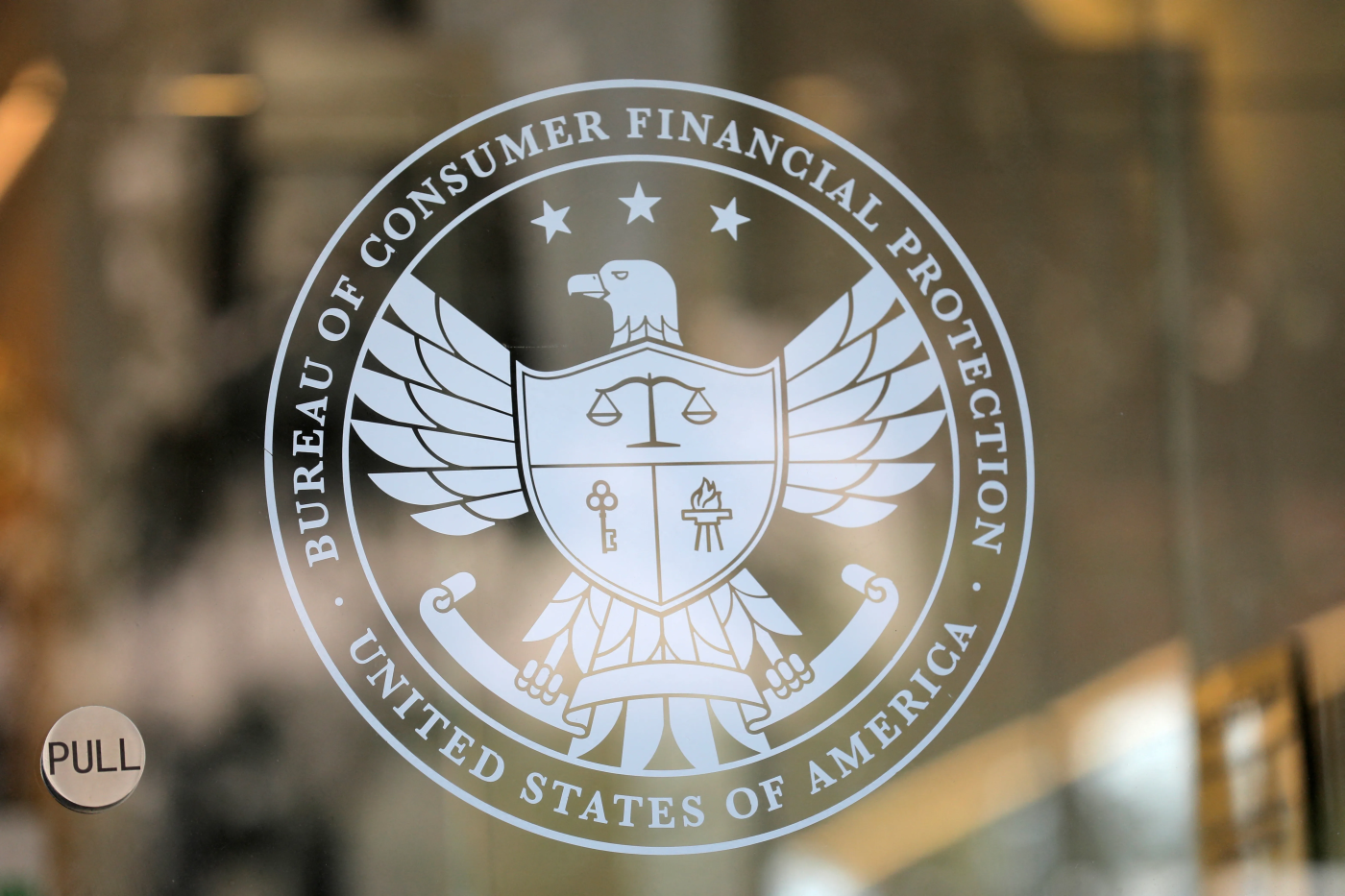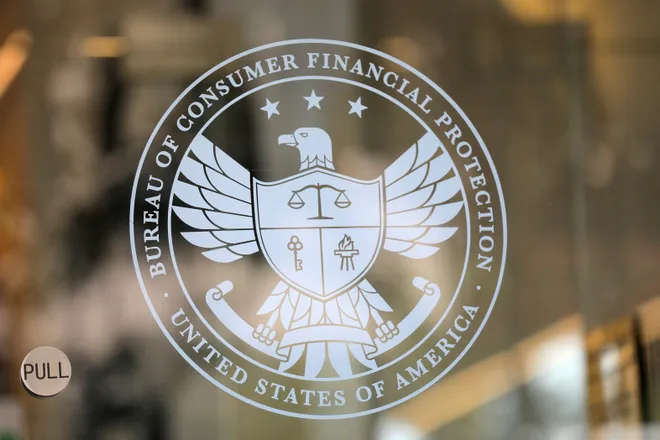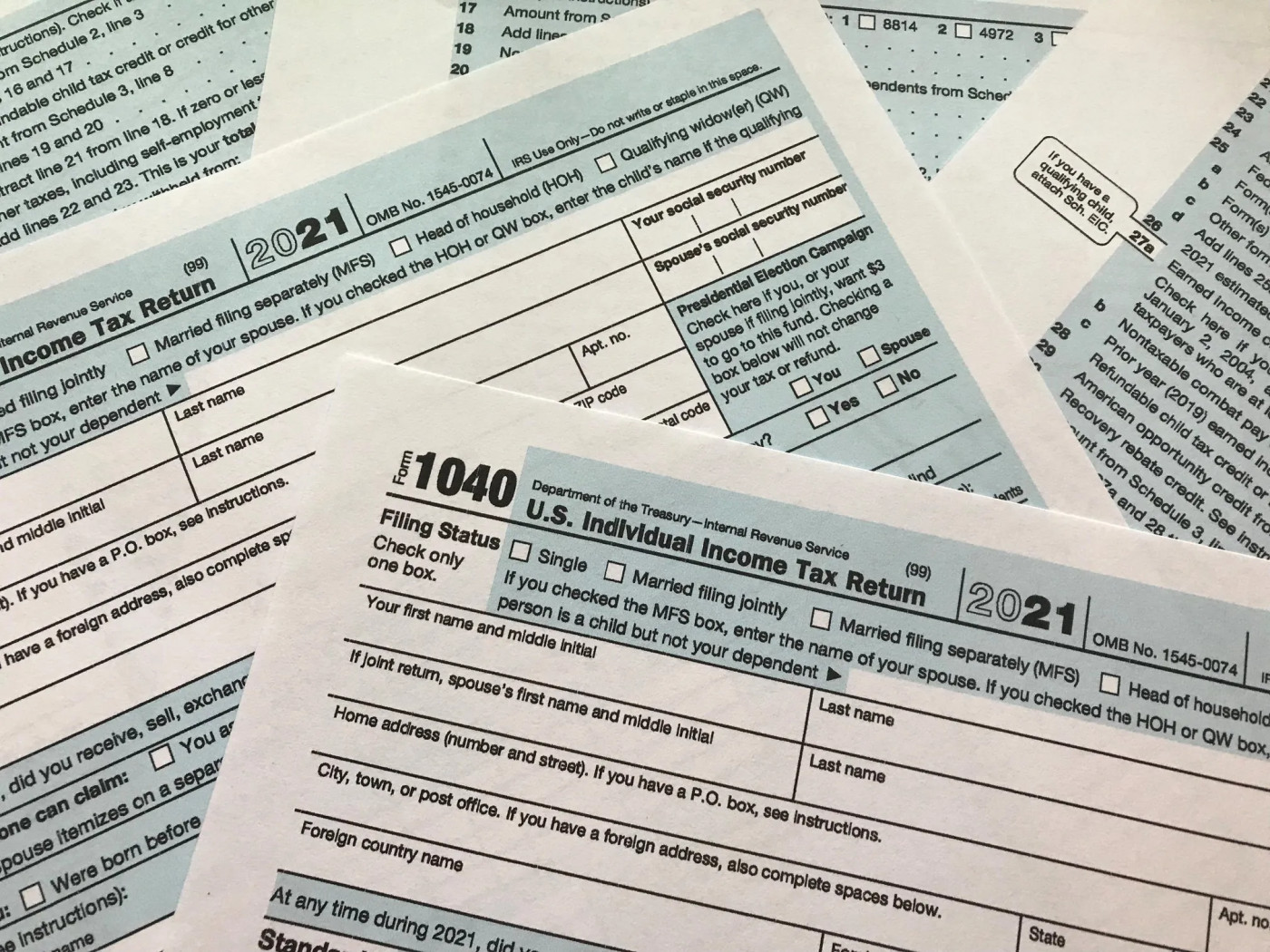
New Biden rule would remove medical debt from millions of credit reports

The Biden Administration announced an initiative Tuesday to remove an estimated $49 billion in medical debt from the credit reports of roughly 15 million Americans.
A new rule from the Consumer Financial Protection Bureau would ban the inclusion of medical bills on credit reports and would bar lenders from using medical information when they make lending decisions.
In effect, the federal agency said, the rule would prevent debt collectors “from using the credit reporting system to coerce people to pay bills they don’t owe.”
Medical debt is a factor in many denied mortgage applications
Previous research by the watchdog agency found that medical debt factors into thousands of denied mortgage applications. The agency contends that medical debt on a consumer’s credit report “is a poor predictor of whether they will repay a loan.”
Find the loan that's right for you: Best personal loans
The agency predicts the new rule would enable the approval of an estimated 22,000 additional mortgages every year. The average American with medical debt on a credit report could see their credit score rise by about 20 points.
“People who get sick shouldn’t have their financial future upended,” said Rohit Chopra, the agency’s director, in a statement. He said the rule “will close a special carveout that has allowed debt collectors to abuse the credit reporting system to coerce people into paying medical bills they may not even owe.”
Medical bills accounted for more than half of debt collection on consumers' credit records, according to a 2022 report from the consumer agency.
After that report, the three largest credit reporting companies agreed to remove several forms of debt from credit reports: paid medical debts, unpaid medical debts less than a year old and medical debt less than $500.
The new federal rule would go further, eliminating all medical debt from credit reports.
Opponents of the new rule, including some congressional Republicans and banking industry leaders, contend the changes will ultimately harm consumers.
If lenders can't take medical debts into account, they "may extend credit on which borrowers are more likely to default," to the ultimate woe of consumers and the financial system, said the Bank Policy Institute and Consumer Bankers Association, in a joint statement to the federal agency in August.
The rule change could force doctors to collect payments for costly treatments upfront, according to comments submitted to the agency last year. Financially fragile medical practices in rural communities could be driven out of business.
Consumer advocates, by contrast, cheered the new rule.
“Any one of us could incur crushing medical debt after a sudden injury or illness," said Patricia Kelmar, health care campaigns director at U.S. PIRG, in a statement. "This new rule is good news for at least 14 million Americans – including many financially responsible families who have accumulated medical debt from unpredictable health issues, high out-of-pocket costs, insurance claim denials and billing errors.”

Some seniors face crushing medical debt
The consumer agency has focused on medical debt in recent years as a key source of financial hardship. In an earlier report, the watchdog group found that seniors, alone, faced more than $50 billion in unpaid medical bills, many of which they should not have to pay. Debt collectors often pursued seniors for money they didn't actually owe.
Medical debt drives many Americans into bankruptcy. One 2019 scholarly paper found that more than half of bankruptcy filers cited medical expenses as a contributing cause.
The agency said the new rule is set to take effect later this year. However, the incoming Trump administration may try to roll back some of the agency’s regulations, and to limit its powers. The consumer bureau has rushed out new regulations in advance of Inauguration Day.
Contributing: Ken Alltucker
This story has been updated with additional information

